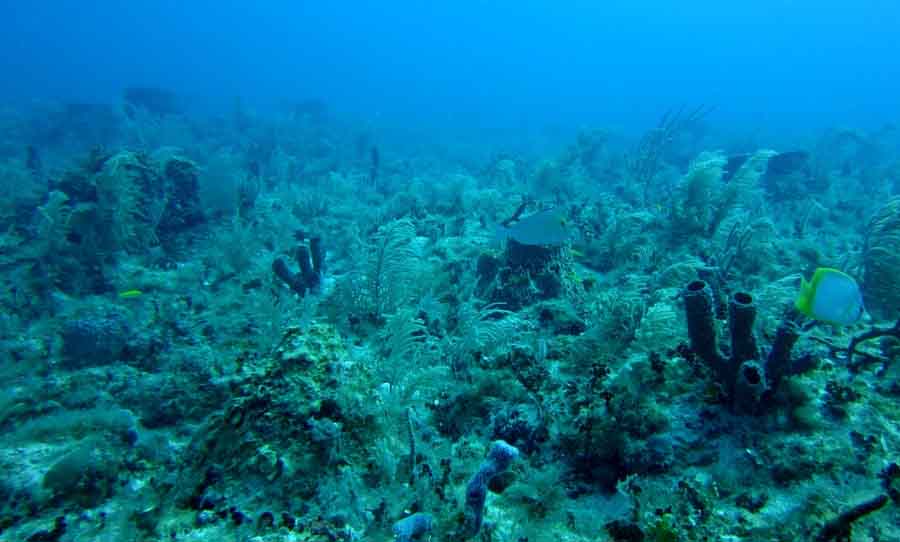In some much-needed good news, researchers say a renaissance of our oceans could be on the cards within a generation.
The review, published last week in the journal Nature, addresses the United Nation’s goal to “conserve and sustainably use the oceans, seas and marine resources for sustainable development.”
New research suggests that oceans could be restored by 2050 if we aim to double our conservation efforts globally.
The ocean has suffered for centuries from overfishing, oil pollution, coastal damage, and rising temperatures. However, emerging research suggests the world’s oceans could be restored to their former glory within thirty years.
To see these results, scientists propose protecting huge sections of the ocean, controlling pollution, and endorsing sustainable fishing practices. The measures would cost upwards of $10 billion per year, but the benefits would be ten times as big.
“Overfishing and climate change are tightening their grip, but there is hope in the science of restoration,” says Professor Callum Roberts of the University of York, who participated in the review.
“One of the overarching messages of the review is, if you stop killing sea life and protect it, then it does come back. We can turn the oceans around and we know it makes sense economically, for human wellbeing and, of course, for the environment.”
The ocean’s renewal depends on nine components: salt marshes, mangroves, seagrasses, coral reefs, kelp, oyster reefs, fisheries, megafauna, and the deep ocean.
The biggest challenges are the climate crisis and the hurdle of upping the ante on our existing conservation work. Rising sea levels and increasingly acidic waters make tropical reefs very difficult to rebuild, the study pointed out.
It’s not all uphill. Recent environmental triumphs have seen whales migrate from Eastern Antarctica to Australia and the sea otter population in western Canada rise from dozens to thousands since the 1980s.
Many countries have signed up to protect 30% of the world’s oceans by 2030 and the number of marine protected areas have grown to 7.4%.
It’s a narrow window, and there’s a long way to go, but it’s achievable.




